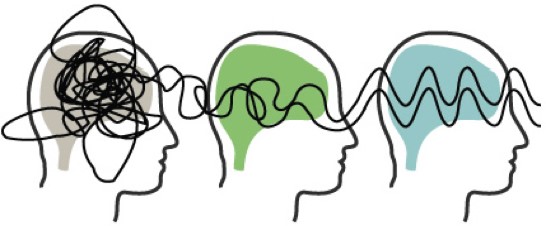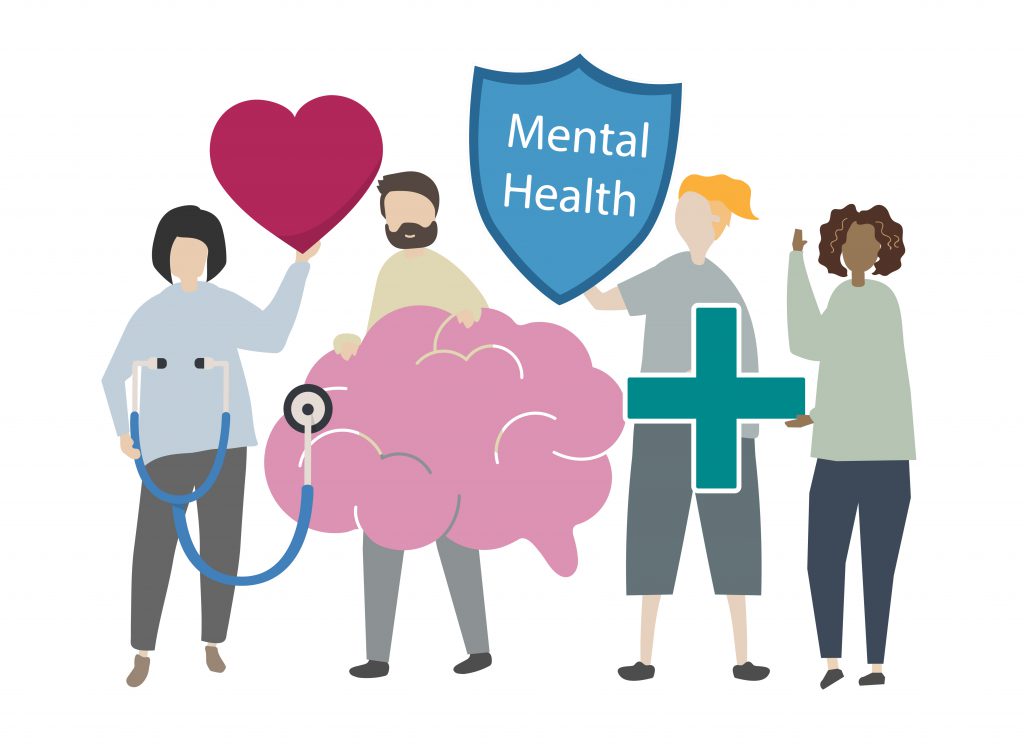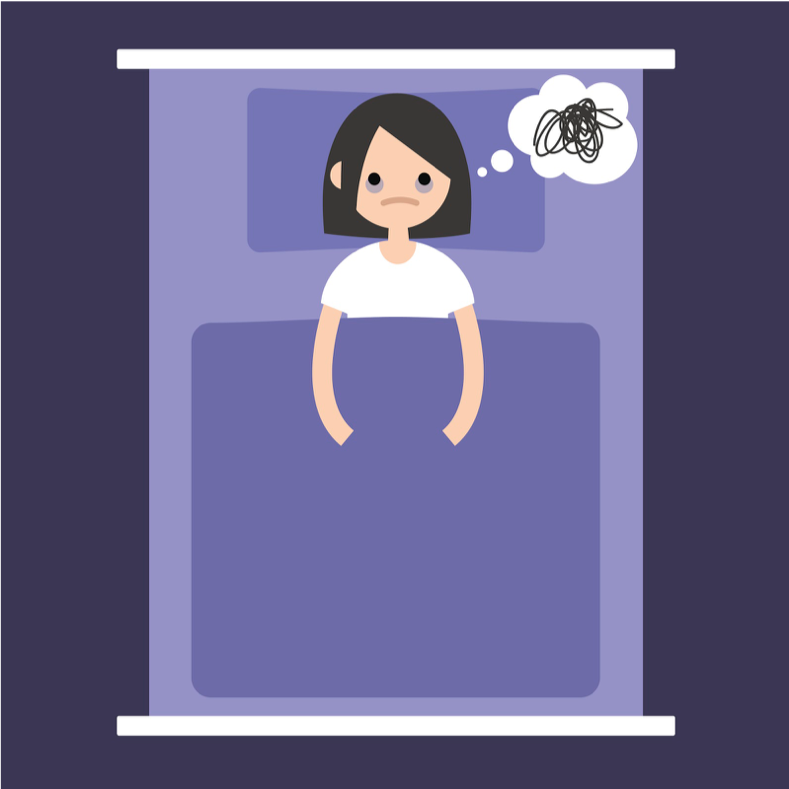There appears to be a general belief that the number of people experiencing anxiety and depression is on the rise. In this blog Clinical Research Training fellow Georgina and Lecturer Katie explore why this is not the case by looking at the prevalence of these disorders over time. …

In this week’s Mythbusters blog, guest contributor Dr Evangelos Vassos discusses the complex and important role of psychiatric drugs in the treatment of mental disorders.

Unfortunately, there is a widespread belief that medications aiming to treat mental illnesses only work because of the placebo effect. It if for this reason that some people are hesitant to seek help through medication. Bruce Clark, Georgina Krebs and Shaheen Zinna discuss why this is NOT the case. …

Jehannine Austin, Ph.D., CGC, is a past president of the National Society of Genetic Counselors and is a professor in the Departments of Psychiatry and Medical Genetics at the University of British Columbia in Vancouver. In this blog she discusses how people can help protect their mental health when they may…

If you have a family history of a particular mental disorder there is a chance you have some of the genes associated with it. However this doesn’t mean that you will definitely develop that disorder, you just have a genetic predisposition to it. The genetic component to mental disorders is…

Saying that depression is just about feeling sad is just like saying ‘the flu is only about sneezing’. This blog explains why depression is more severe, persistent and pervasive than sadness. Written by PhD student Rosa Cheesman and placement student Tilly Minchin.

People often believe that those who struggle with a mental illness can ‘snap out of it’ or ‘get a grip’ but this isn’t true. The severity of symptoms can vary both between people and over time, but this doesn’t mean that the mental illness is no longer present. Beliefs like…

Mental health research does not aim to identify a single factor to “blame” for a disorder. Instead, researchers hope to understand the complex interplay of a number of different factors and use this information to generate new approaches to prevention and treatment. “Our mental health is the…

Next up in our myth-busting series, Yasmin [EDIT lab PhD student] and Elisavet [EDIT lab placement student] address the common misconception that you either have a mental health disorder or you don’t. The truth is, it’s not that simple. We all have mental health, be it good or average…
In this week’s EDIT Blog Mythbusters series, Meg and Daniel explain why depression, and other mental health conditions, should be taken as seriously as physical health problems.

Recent Comments